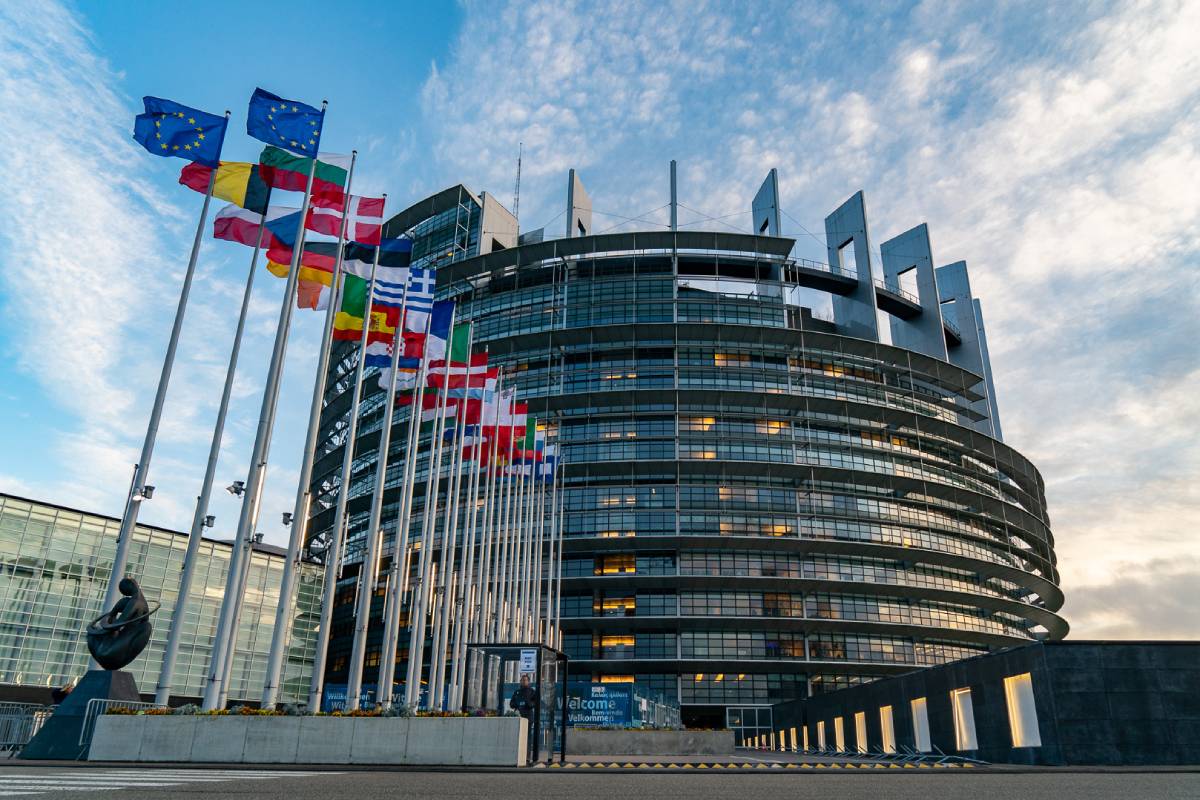In remarks that were seen by at least some nations in eastern Europe as evidence of the hidden template of Russian-Chinese ties, Beijing’s ambassador to France told an interviewer over the weekend that some countries once part of the Soviet Union “don’t have effective status under international law”. The remarks were posted online by the Chinese embassy in Paris but were pulled down within hours as Estonia, Latvia and Lithuania expressed fury in terms that forced Beijing to retreat from this position and announce that it “respects the status of the former Soviet republics as sovereign countries”.
But the remarks of the Chinese ambassador to France, Lu Shaye, are bound to cause continued disquiet in Europe and will impede efforts by President Xi Jinping to expand his diplomatic outreach to different parts of the world. For a leader who is painting himself as a peacemaker, after successfully brokering a truce between Saudi Arabia and Iran and after having been wooed by French President Emmanuel Macron to find a way out of the war in Ukraine, any suggestion that his country endorses the desire of Russian President Vladimir Putin to reunify the Soviet Union would be disastrous.
Advertisement
Mr. Putin is on record as describing the disintegration of the Soviet Union as a “geopolitical catastrophe” and some Western observers have suggested that the moves to first annex Crimea and later to wage war on Ukraine are part of the effort to expand the Russian sphere of influence, at least to the extent that the former republics see fit to genuflect at Moscow’s altar even if they remain notionally sovereign.
When a senior diplomat of Russia’s closest ally therefore raises questions about their status in international law, it is bound to raise alarm. It is well-known that Mr Putin, who was a middle-ranking KGB official when the Soviet Union collapsed, was enthralled by the influence that the union of republics once wielded. While he has befriended the Church, after years of Communist rule where its influence was severely curbed, he has also embraced many Soviet symbols, including the Soviet national anthem. He is widely believed to hold the view that the Russian sphere of influence must embrace all the territories of the former Soviet Union, and ideologues close to him have offered the view that Russia occupies a space that “unites the civilizational communities of East and West”.
These ambitions are well known and have caused concerns to be voiced from time to time, especially in eastern Europe. But if the reunification of Soviet Union is ever seen as part of the understanding that underpins ties between Moscow and Beijing, it will not go down well, not with the former republics and certainly not with those countries that celebrated the collapse of the Soviet Union because it created buffer zones between themselves and one of the world’s leading military powers.
